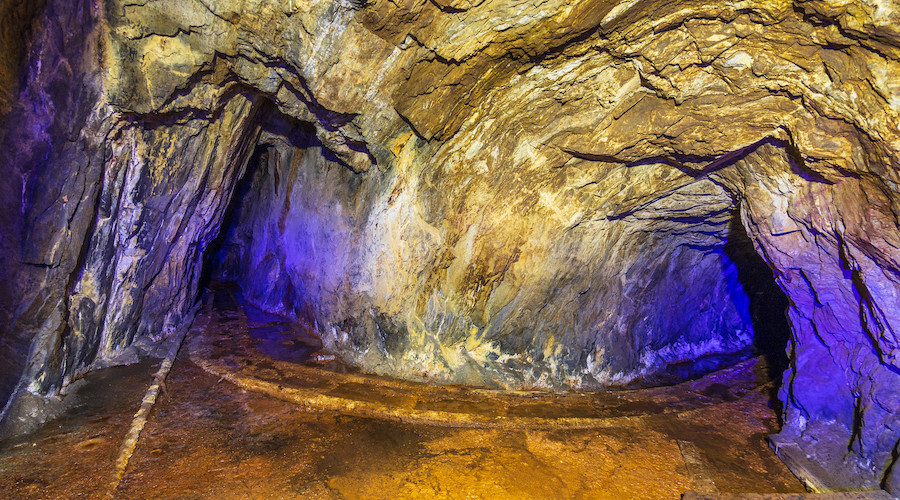Quarrying, the process of extracting natural resources from the earth's crust, has long been a controversial practice due to its potential negative impact on the environment. In this blog post, we will delve into the various aspects of quarrying and explore its effects on the environment. From habitat destruction to air and water pollution, we will uncover the hidden consequences of this industry and shed light on the urgent need for sustainable alternatives.
- Habitat Destruction:
Quarrying often involves the removal of large amounts of soil and vegetation, leading to the destruction of natural habitats. This loss of biodiversity can have far-reaching consequences, disrupting ecosystems and threatening the survival of numerous plant and animal species. The disruption of ecological balance can result in cascading effects throughout the food chain, ultimately impacting human populations as well. - Air Pollution:
One of the major environmental concerns associated with quarrying is the release of particulate matter and harmful gases into the air. Dust emissions from quarrying operations can contribute to respiratory problems and other health issues for nearby communities. Additionally, the release of greenhouse gases, such as carbon dioxide and methane, during the extraction and transportation of materials further exacerbates climate change. - Water Pollution:
Quarrying activities can contaminate nearby water sources through the discharge of sediment, chemicals, and heavy metals. These pollutants can infiltrate groundwater, rivers, and lakes, posing a threat to aquatic life and potentially contaminating drinking water supplies. The long-term consequences of water pollution from quarrying can be devastating, affecting both ecosystems and human health. - Land Degradation:
Quarrying often results in the creation of large open pits and scars on the landscape. These abandoned quarries can become eyesores and contribute to soil erosion, further degrading the surrounding land. The loss of fertile soil and vegetation cover can hinder the regrowth of native plants and disrupt the natural processes that support healthy ecosystems. - Noise and Vibrations:
Quarrying operations generate significant noise and vibrations, which can have detrimental effects on nearby communities and wildlife. Prolonged exposure to high noise levels can lead to stress, hearing loss, and other health problems. Wildlife, particularly sensitive species, may be driven away from their habitats, disrupting their natural behavior and potentially endangering their survival.
Conclusion:
While quarrying plays a crucial role in meeting the demands of various industries, it is essential to recognize and address its adverse environmental impacts. Sustainable quarrying practices, such as reclamation and rehabilitation of quarried sites, use of advanced technologies to minimize pollution, and the promotion of alternative materials, can help mitigate the negative effects. By prioritizing environmental conservation and adopting responsible quarrying practices, we can strike a balance between economic development and the protection of our planet's precious ecosystems.




More Stories
JA Solar Panel Efficiency Cleaning Guide: Maximizing Solar Performance
Plastic to Pyrolysis Oil Solution: A Sustainable Pathway for Plastic Waste Conversion
Yukun Qiangwei Motor Unveils 2023 Diesel Generator Price List with Specs for Home Use